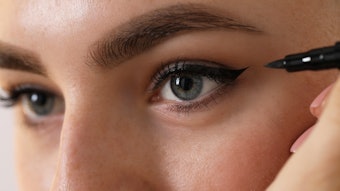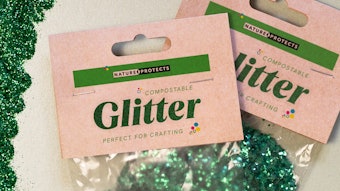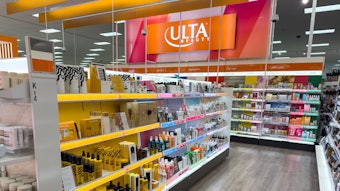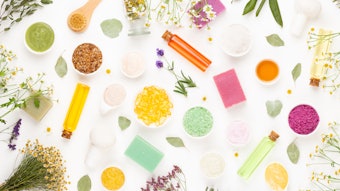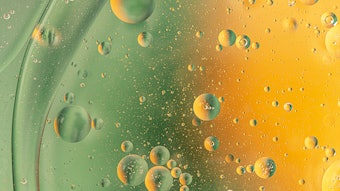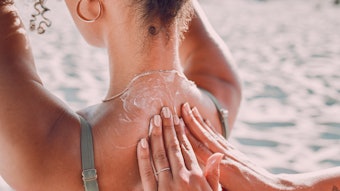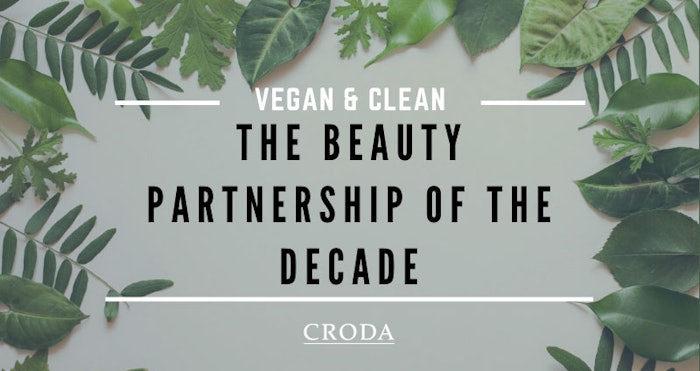
Clean beauty is revolutionizing the personal care industry and will continue to grow in 2020 as consumers embrace the movement for its emphasis on transparency, responsibility, safety, efficacy and simplicity.
Marrying beauty with wellbeing, clean beauty is more than removing certain ingredients from formulations. Clean beauty is about full transparency, responsibility and safety for you, the environment and society. Focusing on consumer needs, independent and multinational beauty brands are prioritizing their raw material sourcing, ingredient provenance, manufacturing processes, labelling, packaging and supply chains.
Personal care, skin care and color cosmetics markets are all witnessing the power of clean beauty. “Clean beauty is more than a trend, it’s a lifestyle, and as such brands must adapt to the changing landscape to secure their place in the future market,” emphasized Jane Henderson, global president of Beauty and Personal Care Division at Mintel.
Beauty products are featuring free-from claims on their labelling to show their commitment to ethical and environmental consciousness. In the past five years, there has been a 67.2% growth in the number of products that have “free-from” claims and, more specifically, a 450.6% growth in the number of products claiming “vegan/no animal ingredients” (Source: Mintel 2019).
As the health and wellness scene becomes more holistic, clean lifestyles are influencing the clean beauty evolution. Eco-ethical lifestyles join the clean narrative as conscious consumers consider the environmental and ethical impact of their beauty buys. And so, vegan beauty and personal care products are gathering pace. To nurture and cultivate wellbeing, consumers are seeking clean living and vegan beauty options.
According to the 2019 Authenticity Gap survey, consumers want to know about a brand’s behaviors on society and the environment, not just the customer product benefits it offers, and they also expect companies to take a stand on climate and environmental issues.
Clean beauty brands must embrace environmental and social accountability through their ethical actions, embedding these into product launches, brand strategies, supply chain transparency and safety criteria. Business objectives, production processes and brand storytelling need to conceptualize and develop products that minimize the effect on the environment.
While natural materials are considered clean beauty-friendly, they may have several ethical and environmental drawbacks relating to ingredient integrity and sustainable practices. Synthetic ingredients that perform similarly to natural ingredients and improve the look, feel and performance of products are the ideal alternative to natural ingredients that may conflict with ethical-consciousness.
Croda Inc’s Syncrowax™ SB1 consists of 100% non-animal derived, non-GMO waxes and emulsifiers specially blended to provide a vegan suitable alternative to natural beeswax. The synthetic alternative to natural beeswax is RSPO (Responsible Sourcing of Palm Oil) certified, ensuring that even the natural origin of the raw materials have been carefully selected and sourced to create our vegan beeswax product.
Due to its IECIC and Reach certifications, our vegan suitable alternative to natural beeswax has wide-reaching applications in personal care, skin care and color cosmetics.
Be bright, be bold, be you by looking good, feeling good and doing good.
Disclaimer:
The above paid-for content was produced by and posted on behalf of the Sponsor. Content provided is generated solely by the Sponsor or its affiliates, and it is the Sponsor’s responsibility for the accuracy, completeness and validity of all information included. Global Cosmetic Industry takes steps to ensure that you will not confuse sponsored content with content produced by Global Cosmetic Industry and governed by its editorial policy.

